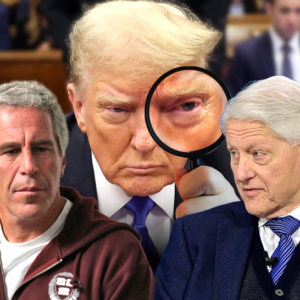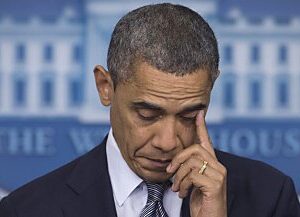The U.S. Senate has unanimously approved the Epstein Files Transparency Act, paving the way for President Donald Trump to sign legislation directing the Justice Department to release all unclassified records related to Jeffrey Epstein and his network. The move marks a significant step toward making long-sought information publicly accessible.
The bill — introduced by Reps. Thomas Massie (R-KY) and Ro Khanna (D-CA) — requires the DOJ to publish “all unclassified records, documents, communications, and investigative materials” within 30 days of the president’s signature. The disclosures must be made available in a searchable and downloadable format for public use.
Earlier this week, the House overwhelmingly passed the legislation, triggering immediate action in the Senate under a fast-track agreement negotiated by Majority Leader John Thune (R-SD) and Minority Leader Chuck Schumer (D-NY). No Republican senator objected, and the measure passed without amendments. Schumer urged quick passage, warning that any changes would delay the bill by sending it back to the House.
The Senate vote follows months of internal tension in the House, where Speaker Mike Johnson (R-LA) initially attempted to delay or amend the proposal, citing concerns about victim privacy and ongoing investigations. Lawmakers eventually bypassed leadership entirely through a discharge petition, forcing a floor vote that produced a rare moment of bipartisan alignment.
President Trump, who had resisted publication of the Epstein materials for months, abruptly changed course on Sunday. Posting on Truth Social, he encouraged House Republicans to support the bill, writing, “We have nothing to hide.” He later reiterated that he would sign it, telling reporters: “Sure I would. The Democrats were Epstein’s friends, all of them. It’s a hoax, the whole thing is a hoax. But I’ll sign it.” Following the House vote, Trump issued a statement praising the legislation and touting what he described as key Republican policy victories.
Once Trump signs the measure, the Justice Department will have 30 days to release the unclassified files, with redactions permitted to protect victims. The document release is expected to include FBI summaries, witness interviews, financial records, and communications with known Epstein associates — including figures who have firmly denied any wrongdoing.
The bill’s passage arrives as tensions surrounding the Epstein investigation continue to reverberate in Washington. House Republicans this week released an internal memo accusing Democrats of distorting elements of the probe to target Trump politically. The memo criticized Democrats, led by Ranking Member Robert Garcia (D-CA), for what Republicans described as selective redactions and mischaracterized testimony aimed at creating “another hoax” involving Trump.
Committee Republicans emphasized that none of the 23,000 documents obtained from the Epstein estate implicate Trump in criminal activity, citing testimony from former Attorney General Bill Barr, who stated that Trump “did not participate or know about the nature of Epstein’s crimes.” The memo further accused Democrats of redacting the name of accuser Virginia Giuffre, who has publicly said she never witnessed misconduct by Trump, arguing the omission skewed the context of certain communications.
In the Senate, momentum for transparency proved overwhelming. Thune, who managed the legislation through the chamber’s hotline process, described it as a “clear bipartisan consensus” that both victims and the public deserve disclosure. He had predicted the bill would pass without objection, calling it the kind of measure that “could move quickly.”
Despite its broad support, some activists argued that the bill still falls short of full transparency, criticizing provisions that leave certain disclosures subject to DOJ discretion. Nonetheless, the bipartisan push represents one of the most unified congressional responses to the long-running controversy surrounding Epstein’s network.




